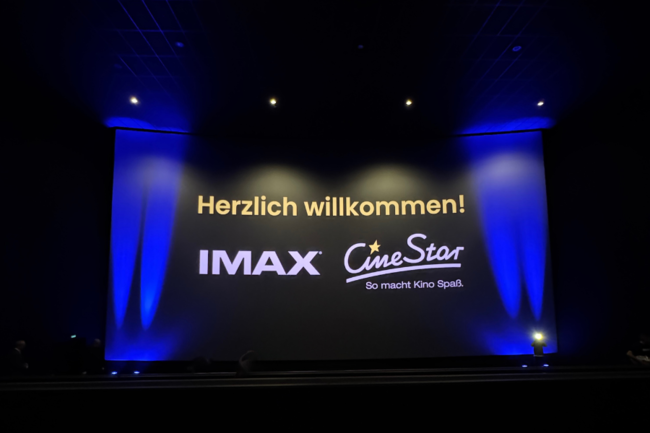What is satire allowed to do? What must satire do? And what is the meaning of satire? In times in which a wrong joke - or a misunderstood joke - can trigger a proper shitstorm and in which political correctness sometimes takes on almost worrying features, satire is an important testimony to free expression and an indispensable tool of democracy. You don't always have to like it, you can also be annoyed by it. That's what satire is for. It should inspire and stimulate - to think and discuss. And in the best case, it should be entertainingly revealing.
The satirical magazine TITANIC has been taking an unsparing look at world events for 40 years now. Over the years, the magazine and its creators have caused quite a stir. Just think of the crayon licker on "Wetten, dass.?" or the Pope cover that earned the magazine a lawsuit. In some cases, one can't blame critics for accusing the paper of going too far. But equally, there can be no denying the importance of TITANIC to the German humour and political landscape.
The magazine has been independent of publishers, advertisers or politicians in terms of content since its early days. With its satirical texts, humorous, artistic drawings and comics, TITANIC quickly became an indispensable part of the German press landscape. With the weapons of satire, the editorial team is always ready, sometimes funny or frightening, simply silly or absurd, to engage in "definitive satire" in the truest sense of the word and to laugh at everything and everyone without limits with a clear "yes to no". Even criticism, complaints or hate mail do not stop the creators from consistently pursuing their path.
Titanic was founded in 1979 by representatives of the New Frankfurt School, Robert Gernhardt, F. K. Waechter, Peter Knorr, Hans Traxler and Chlodwig Poth. Previously they had worked together on the editorial board of the satirical magazine Pardon, but after disputes about the magazine's direction they decided to create their own format. The original plan to name the magazine "Die Sonne" (The Sun), which would have allowed for numerous punning columns such as "Sonne Scheiße" (Sun Shit) or "Sonne Unverschämtheit" (Sun Impudence), had to be abandoned due to an already copyrighted title. So, just in time for the 1979 book fair, accompanied by a nationwide press echo, the first issue of TITANIC appeared with the programmatic subtitle "The definitive satire magazine".
40 years TITANIC has now already existed. An impressive anniversary for a magazine - especially for a satire magazine. A good reason for the Caricatura Museum to honour the magazine and its creators with a large selection of "definitive" titles. Around 220 titles are presented in the exhibition - including originals by F. K. Waechter, Hans Traxler, Robert Gernhardt, Chlodwig Poth, F. W. Bernstein, Hilke Raddatz, Rudi Hurzlmeier, Franziska Becker, Wolfgang Herrndorf, Ernst Kahl, Michael Sowa, Greser & Lenz, Stephan Rürup and Leo Riegel. On view are 67 original drawings and drafts of TITANIC covers, 117 original issues, 168 cover prints, 17 objects / props from the TITANIC editorial staff, 15 documents on legal proceedings, 3.000 digitized vignettes by Hilke Raddatz in over 4 hours of video presentation, 12 banned issue pages from TITANIC as well as 10 videos from the TITANIC archive.
The result is a somewhat different journey through 40 years of German history. Of course, the now legendary and fictional "Zonen-Gaby", who peeled a cucumber ("My first banana") in tears of joy, the cult cartoon from 1989, which advanced to a popular poster and postcard motif and also later made it in variants on the title. Of course, the exhibition also includes the long-time "preferred title model" (Hans Zippert): Helmut Kohl. First described in 1981 as a "pear-shaped humorist" from Mainz, with stem and two leaves put into the picture by Hans Traxler, he made it regularly on the cover since 1982.
The exhibition is not for people who easily take offence at sometimes bitterly nasty satire. For everyone else, this tribute to an important magazine is absolutely recommended! "40 Years of TITANIC - The Final Title Exhibition" can be seen at the Caricatura Museum Frankfurt until February 02, 2020. Parallel to the exhibition, a comprehensive book has also been published, featuring all the titles from 40 years and much more. You can order the book HERE.
You can find all the other info at: www.caricatura-museum.de
Opening Hours:
Thu, Thu - Sun 11am - 6pm, Wed 11am - 9pm, Mon closed












